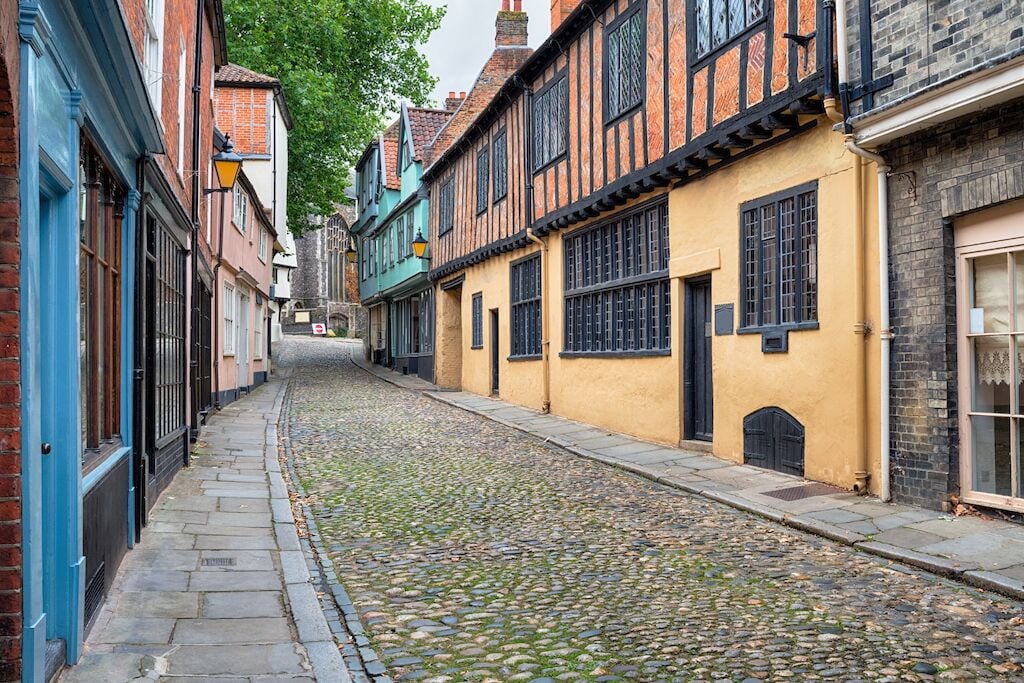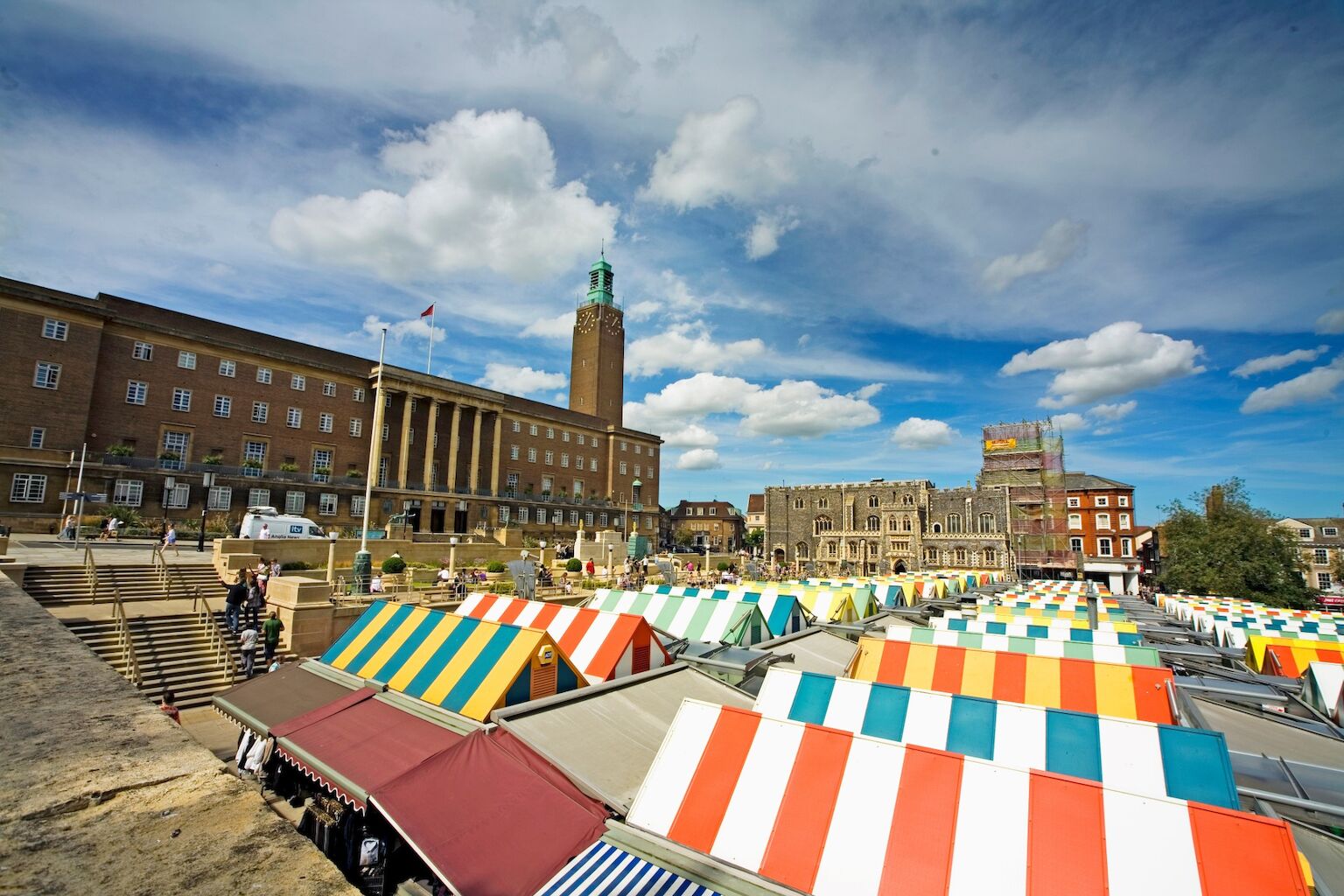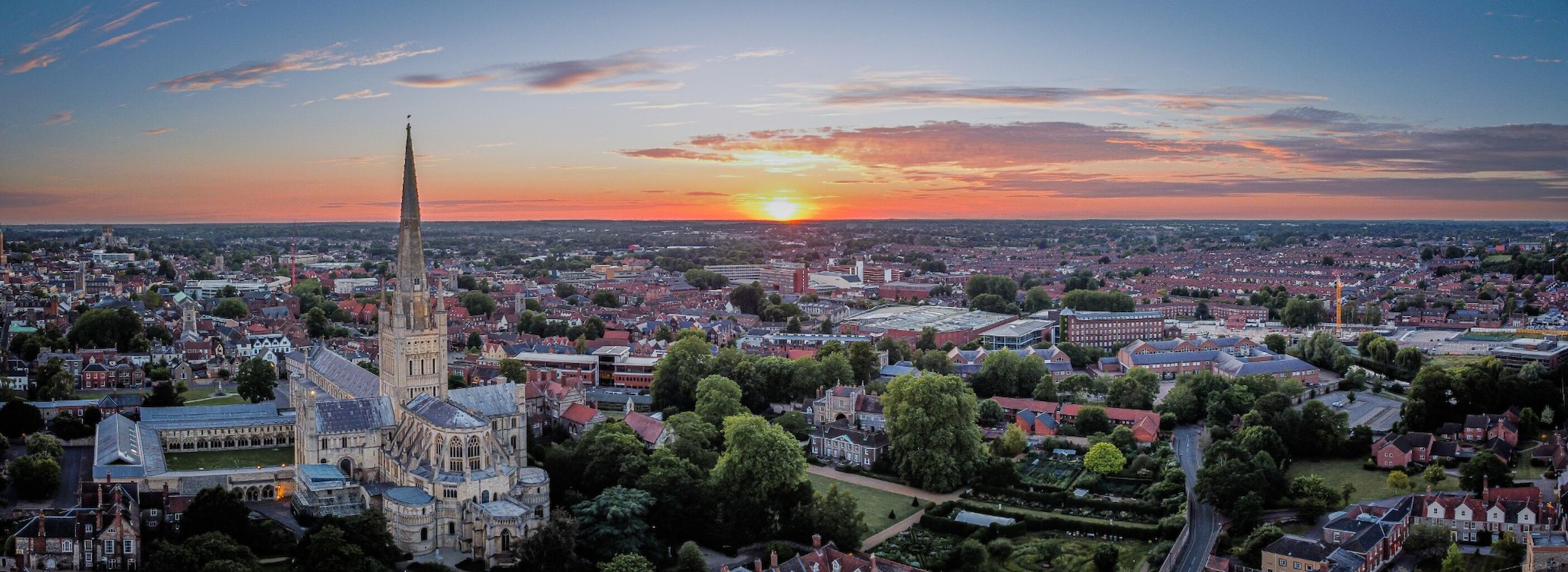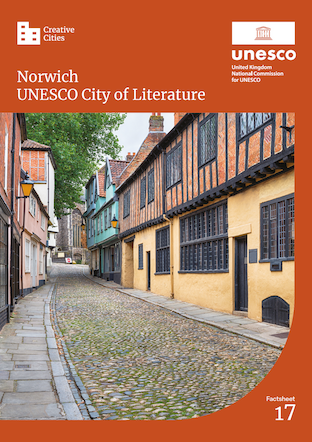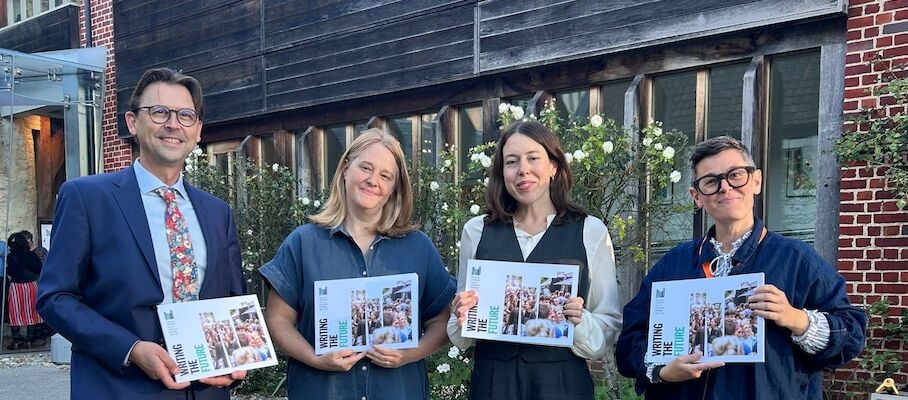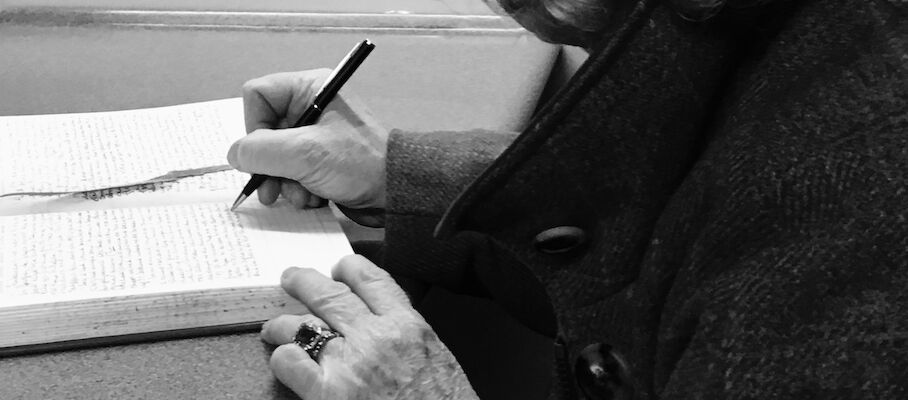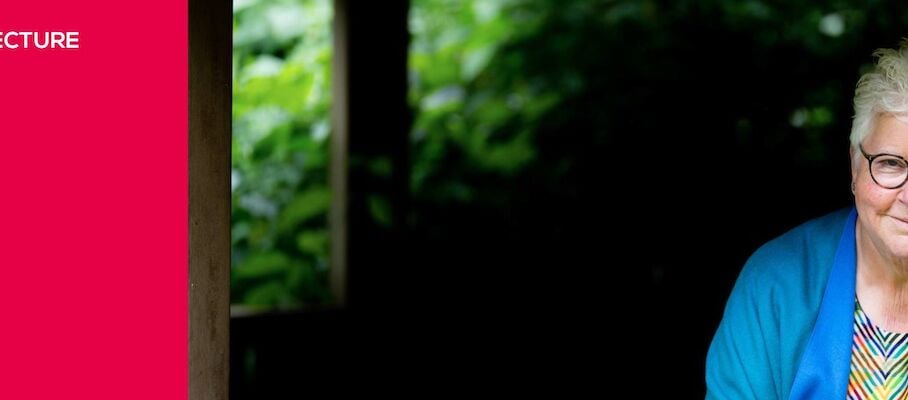Norwich UNESCO City of Literature
Norwich has been a literary city for over 900 years: a place where the power of words has changed lives, promoted parliamentary democracy, fomented revolution, fought for the abolition of slavery, and transformed literature. Today, Norwich remains the English destination for poets, novelists, biographers, playwrights, translators, literary critics, historians, environmentalists and philosophers. A place for writers as agents of change.
What makes this UNESCO Designation special?
The birthplace of world-renowned writers and thinkers, including Anna Sewell, Harriet Martineau and Thomas Browne, Norwich is a city of words. Bookshops, book groups, libraries, universities, publishers, printers, live literature, and creative writing abound across all levels of local life.
The location of the oldest city arts festival in the country, the Norfolk & Norwich Festival, Norwich hosts a year-round programme of literary and translation events with a global remit. The city is a multiplicity of educational programmes (including the UK’s first and most-respected MA in Creative Writing) with shared agendas across schools and communities, using a large cohort of writers and artists. Today, Norwich is the centre for publishing in the East of England and one of the biggest national hotspots for publishers outside of London.
The city is home to two literary Centres, the British Centre for Literary Translation (founded by translator W.G. Sebald and a world model for the promotion of writing translated from and into many languages and cultures), and the National Centre for Writing; an international literature house which inspires communities through the power of writing, reading and literary translation, nurtures literary talent and hosts world-class events.

